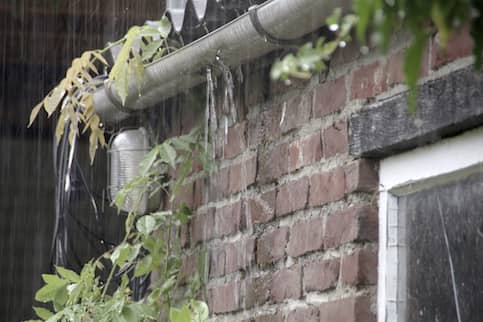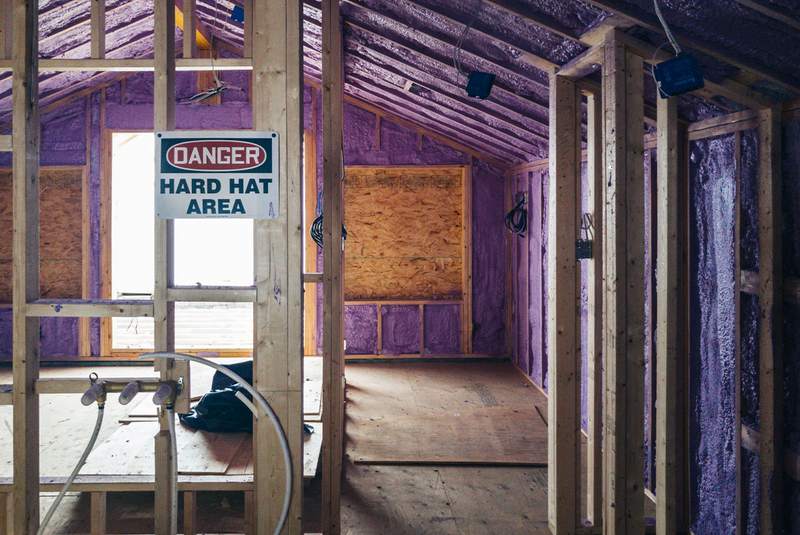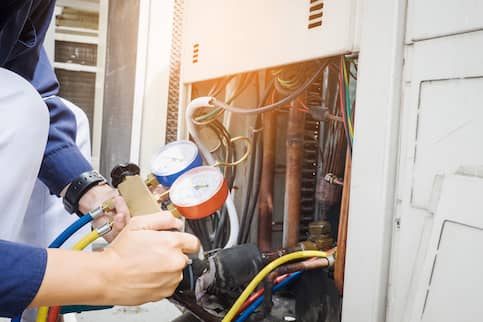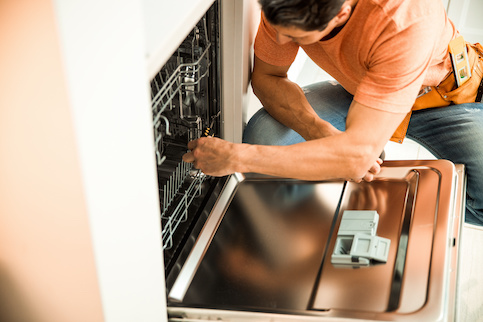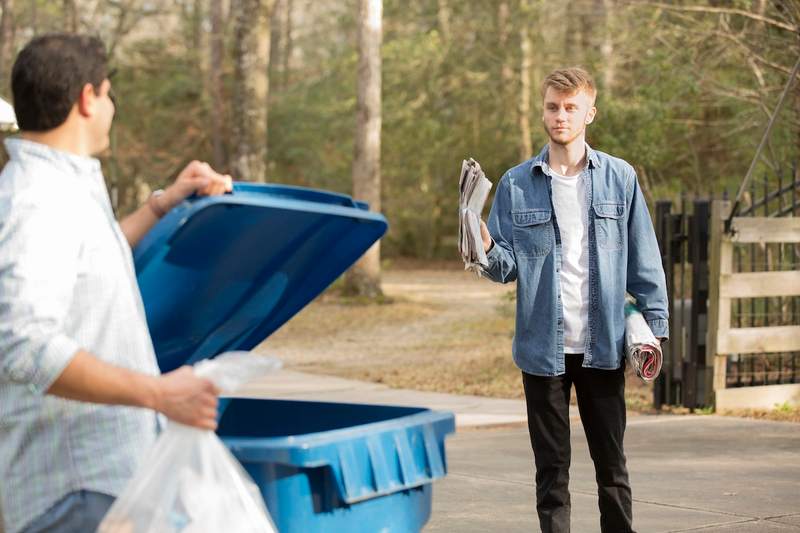You come home one night after a strong thunderstorm and aren’t thinking at all about the weather. That changes when you hear water in your basement upon entering. The sump pump didn’t turn on, and now you have water damage.
It’s probably not what you wanted to come home to, but there’s no need to panic. After all, this is what your homeowners insurance is for. We’re here to walk you through the claim process so you’re prepared to get your home back to normal as soon as possible. Finally, we’ll go over what to expect when your claim is taken care of.
Contact Your Insurance Company
Before you jump in with waders on, take a deep breath and make a phone call to your insurance company.
Let them tell you what to do next. In situations where the damage is likely to worsen without immediate mitigation measures (e.g., a flood or fire), the insurance company will likely tell you to call someone out to take care of it. If this is the case, keep the invoices so you can be reimbursed later on.
It’s really important to listen to your insurance company throughout the process. Not doing so could jeopardize your compensation.
If the damage isn’t likely to get worse, the insurance company will next give you a timeframe for sending an adjuster out.
See What You Qualify For
Buy A Home
Discover mortgage options that fit your unique financial needs.

Refinance
Refinance your mortgage to have more money for what matters.
Tap Into Equity
Use your home’s equity and unlock cash to achieve your goals.
Damage Evaluation
The first thing your insurance company really needs to do is send an insurance adjuster out to evaluate the damage. They’ll send an itemized list of repairs and the cost of the fix back to the insurance company.
At this point, you may be tempted to hire a public insurance adjuster. After all, the adjuster that was sent out works for the insurance company, so would they really have your best interests in mind?
We don’t recommend going this route unless you have a serious dispute and think the insurance company’s adjuster has missed something in evaluating the damages. The reason for this is that a public insurance adjuster gets paid by taking a percentage of your insurance settlement, and you could actually end up getting less after the fee is paid.
The Repair Process
The adjuster has seen the damage, and maybe you even have the check from the insurance company. Now’s the time to strap on the tool belt, right? Unless you’re Bob Vila, the answer is probably no.
Your home serves as collateral for your mortgage. Because of this, your lender has to be certain that your home is repaired properly and has the value that it would’ve had prior to the event that caused the damage. For this reason, it’s generally best to work with your insurance company to select a contractor.
You may be confident in your ability to do the work at a high level of quality. However, the fact that the contractor is licensed is a big guarantee for you and your insurance company that the work will be done correctly.
Home Inspection
Depending on the amount of the claim, your mortgage lender may schedule a home inspection. The inspector uses a copy of the adjuster’s report given to the lender as a checklist. This is done for a couple of reasons.
An inspection protects you against work that’s done in a substandard manner. Depending on the size of the claim and the status of your loan, multiple inspections could take place throughout the repair process.
The second reason is that the mortgage company has a responsibility to protect its investment and make sure the house will continue to hold its value. This is important to investors in your mortgage, like Fannie Mae, Freddie Mac and the U.S. Department of Housing and Urban Development.
For this reason, your lender may be listed on the checks from the homeowners insurance company and, if so, will need to endorse them. If the work is done in stages with multiple inspections, lenders may give the funds back to you in disbursements rather than all at once.
What To Expect After Your Claim
Depending on the nature and cost of repairing your claim, there’s a possibility that your homeowners insurance costs could go up when the dust settles.
It may not be fun, but your home’s history has an effect on your insurance premiums. It’s not a guarantee that the price of your insurance will go up after a claim, but it’s something you should be prepared for.
Find A Mortgage Today and Lock In Your Rate!
Get matched with a lender that will work for your financial situation.

Kevin Graham
Kevin Graham is a Senior Writer for Rocket Companies. He specializes in economics, mortgage qualification and personal finance topics. As someone with cerebral palsy spastic quadriplegia that requires the use of a wheelchair, he also takes on articles around modifying your home for physical challenges and smart home tech. Kevin has a bachelor's degree in journalism from Oakland University.
